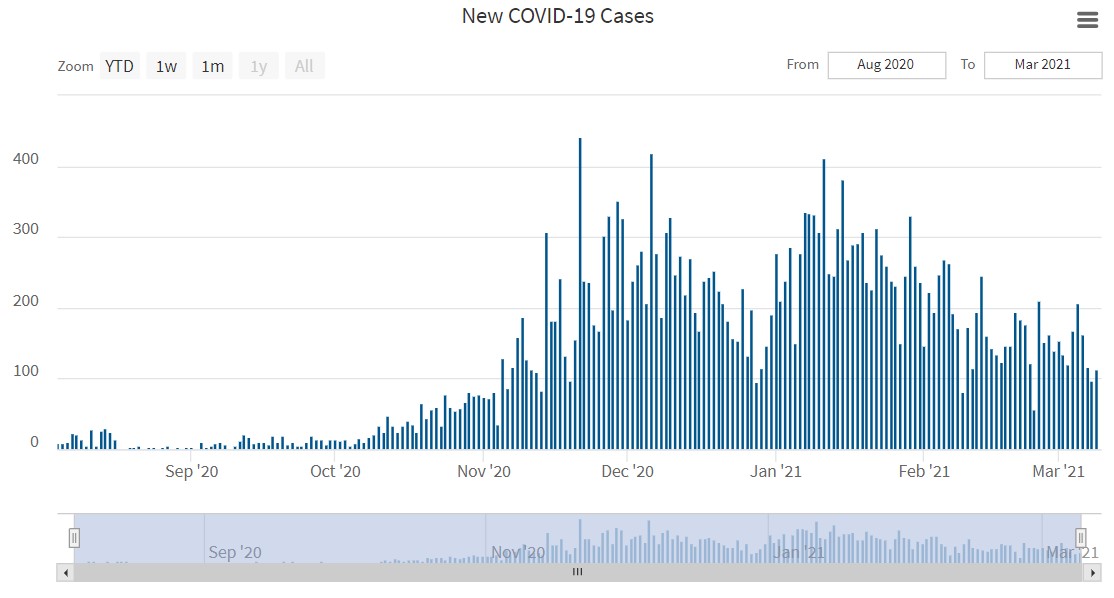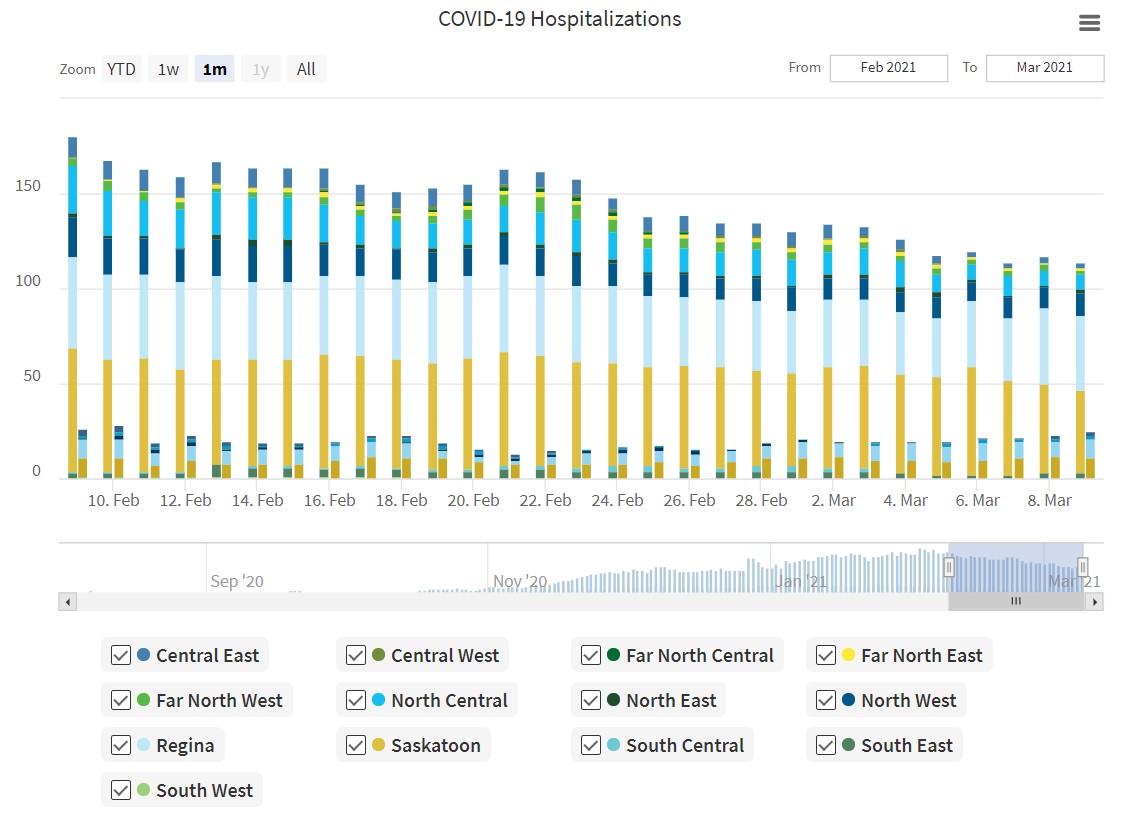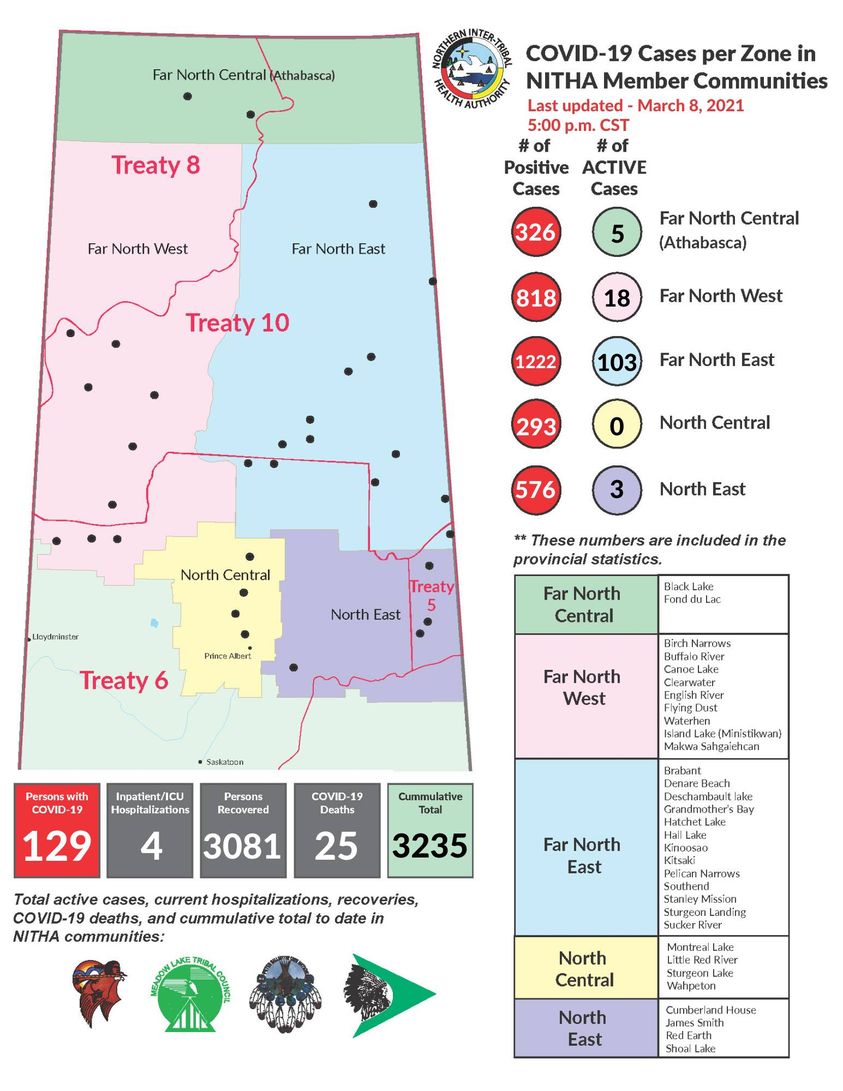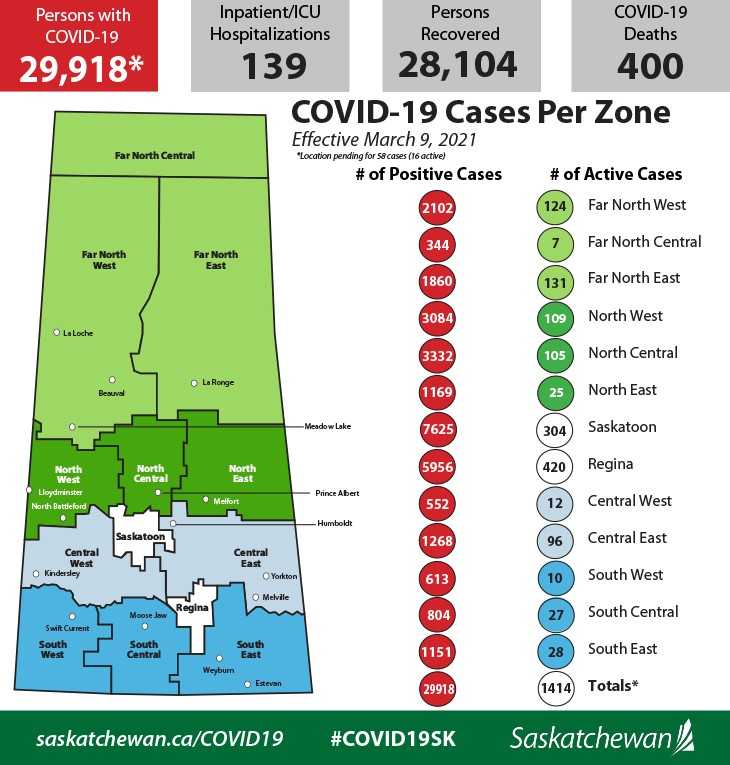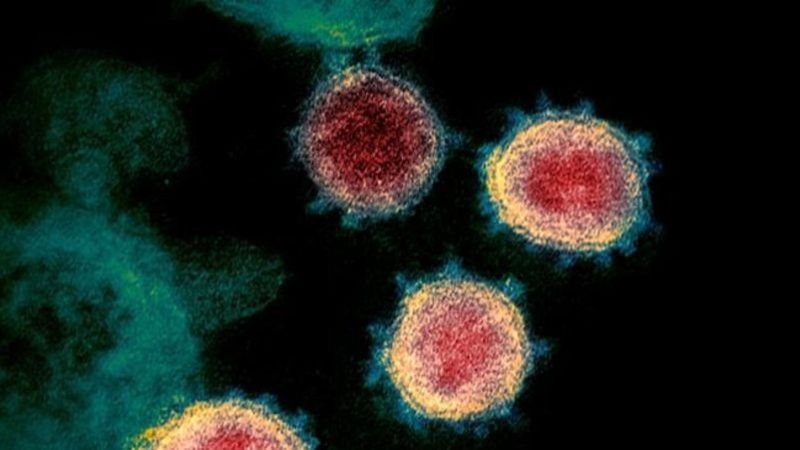
Province amends indoor gathering and worship sizes
As of March 9, the Government of Saskatchewan will be allowing households to expand their ‘bubbles’ with changes to indoor gathering and worship service restrictions.
With Saskatchewan generally experiencing a declining trend in confirmed cases and hospitalizations, the public health order is being amended to ensure residents who continue to observe all public health measures can extend their household ‘bubbles’.
But Dr. Saqib Shahab says that doesn’t mean they should.
Shahab says increasing bubble size will allow people to better support individuals and family members in need.


